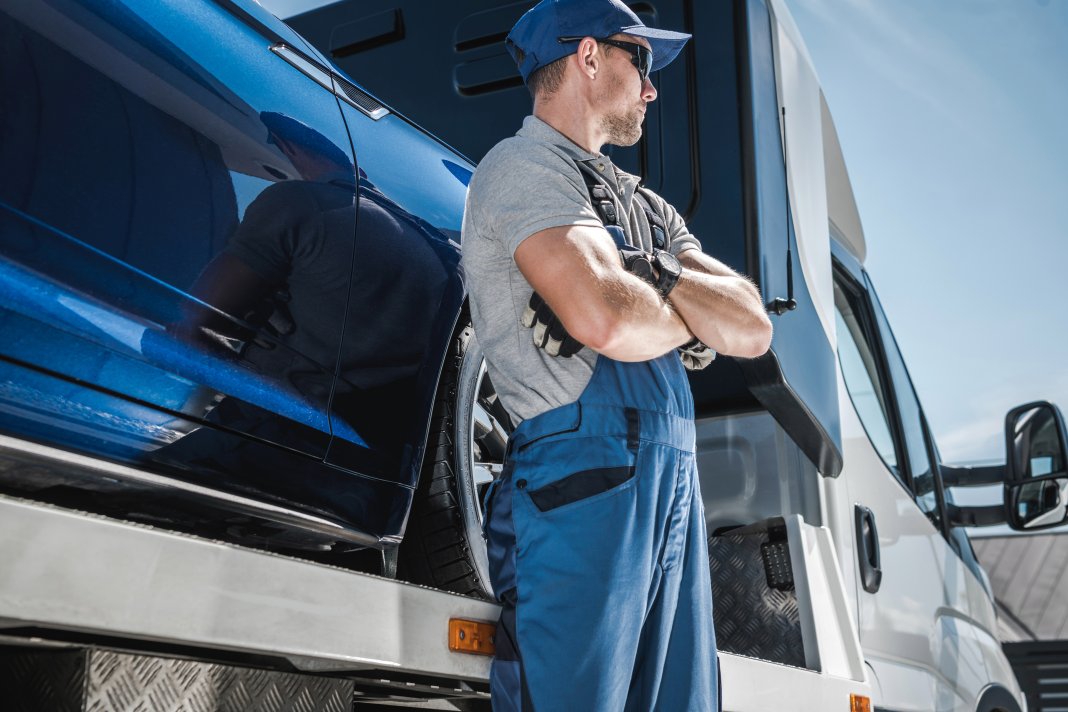In 2019 I wrote an article in this publication titled “The dangers of the social media car yard”. It would appear that the point should be made again.
As a licensed repossession agent I am no stranger to the separation of debtor and vehicle. And although we always show maximum respect to all that we encounter and act with empathy at all times, it is unusual for me to have any kind of lasting emotional reaction to these situations.
Irrespective of how the debt arose if the debtors had paid their bills and/or communicated with our clients, then we would never have had to darken their doorsteps with our legal documents and sunny dispositions, so pretty much action/inaction equals consequence.
“On-Sold” repossessions are different from the above and are harder to complete without walking away with at least a modicum of sympathy for the other party.
These are repossessions where a debtor has financed a vehicle and sold it to a Third Party without either paying off the loan or informing the new owner that there is a security held against it.
Often the purchasers of these vehicles are either new entrants to New Zealand or members of a more senior and less technically savvy demographic who are unaware of the various checks that can be performed to ensure that they are not purchasing an encumbered asset.
Typically these purchasers are cash buyers as any kind of finance application would involve checking the vehicle for security registrations on the Personal Property Securities Register.
A perfect example of this happened just the other week. An elderly Waikato couple saw a house bus for sale on a popular social media site for $18,000, which had a market value of around $25,000 based in the west coast of the south island.
They made contact with the seller and after satisfying their criteria they agreed to purchase the bus and made the nearly 30 hour round trip to collect it. As they recalled it the seller needed the funds as a deposit on a home and seemed like a “nice young couple”.
Once they had paid and returned to the Waikato all was well until they had a knock at the door and were appraised of the fact that the bus had nearly $16,000 owed against it to a major financial institution and that if they could not settle the outstanding amount in full it would be immediately repossessed.
Having spent their savings on the bus, they were in no financial position to settle out the secured amount and had no choice but to clear their belongings and hand us the keys.
As we were leaving with the bus, the couple asked us “how could we have prevented this?”
Our answer was the same as the other 50 or so times we had been asked this – “a $17 online security check” – and we left them with the details of how to do this.
With the financial aftermath of Covid-19, the rising price of housing, rates and rising business compliance costs, there has been a noticeable upswing in the numbers of financially overleveraged people that see the liquidation of their assets as being the fastest and simplest way to access funds, irrespective of what encumbrances are upon them as far as securities are concerned.
Many times these securities are for values far in excess of the value of the vehicles sale price and doing a simple online check could mean the difference between getting a great deal on a new vehicle, or having a horrendously expensive short-term ownership of a vehicle that could be repossessed at any moment.
Just a thought.


















